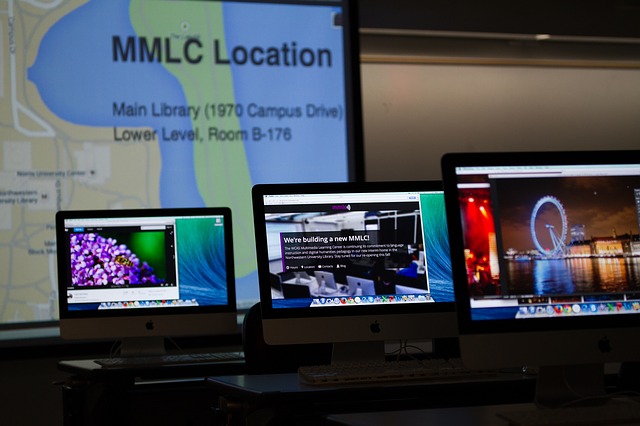Is the Digital Age Reinventing Education?

More schools and universities are introducing technological developments in their classrooms and adapting to the digital age of the 21st century. This may be a logical evolution but it has aroused misgivings among some teachers provoking controversies about the true relevance of these tools to the learning process. Do they hurt or benefit the dynamics of the classroom? To what extent can or should education change? These issues have been open for discussion for some time and in recent years the positions have been diversified among educators from different fields. Now is an opportune time to analyse these perspectives.
Dangers and possibilities of using technology in the classroom
Like most things in life, there is no universal truth for the question of whether technology has a net positive or negative impact, so it is important to try to understand both positions. If we had to make a short list to summarize the impact of the new technologies in the classrooms, we would focus on the following points:
- Facilitating students: the quantity of tools and information available on the Internet is so immense that it can be difficult for students to find what will be really useful for them rather than simply a distraction. Many of the digital resources that students can access are of little educational benefit, are ill-suited to the student’s particular learning level, or are too difficult to use effectively. On the other hand, you can also find easy to use and enriching tools that help students to put their notes in context and visually connect different learning areas, in a manner that surpasses traditional teaching tools.
- Facilitating the teacher’s tasks: giving lessons in class is only a small part of the teacher’s work, they also have to correct exams and assignments, communicate with parents, organize activities in school, etc. The enormous amount of work that a teacher can have during a day can be suffocating, so many digital tools help to facilitate their tasks. For example, using online subject folders can reduce paperwork while an online calendar helps with lesson planning and time management.
- Reinventing not replacing: Digital tools have the power to help both students and teachers in creating meaningful and effective learning experiences. However, no matter what are the latest technological advances, the figure of the teacher remains the most important in a classroom. Teachers must continue to be personally involved in the students’ progress despite looking for new angles to explain the subjects they teach.
The digital age may be reinventing education but digital tools are not replacing teachers. As we can see, online tools can be an excellent complement in classes and help teachers to manage their resources more effectively. However, they are still a complement and must be treated as such.
Would you like to receive similar articles by email?





